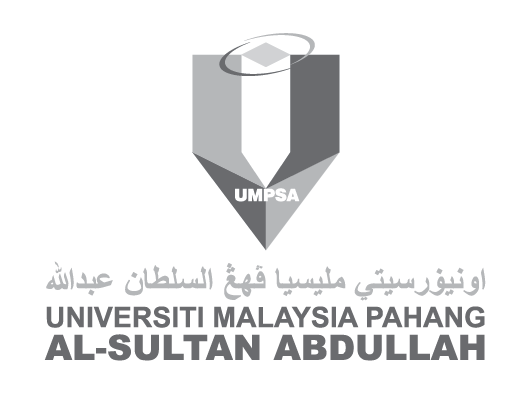0
ACTIVE STUDENTS
- OVERVIEW
- PROGRAM EDUCATIONAL OBJECTIVES (PEO)
- PROGRAM LEARNING OUTCOMES (PLO)
- ENTRY REQUIREMENTS
- CAREER OPPORTUNITIES
- FEE
The Bachelor of Chemical Engineering Technology degree program, also known as the BTK program, was initiated and approved by Ministry of Higher Education in 2017. This program requires students to complete 140 credits, usually within four (4) years or eight (8) semesters. The students will complete their subjects within seven (7) semesters and go for their industrial training in their final semester. This program has been developed not only to provide students with the knowledge of chemical engineering technology, but also to give them exposure to aspects of humanities and social sciences through subjects such as English language and foreign languages, entrepreneurship and other non-engineering subjects.
|
PEO1 |
Graduates who practice their chemical engineering technology knowledge in process industries. |
|
PEO2 |
Graduates who engage lifelong pursuit of knowledge for industrial and R&D. |
|
PEO3 |
Graduates who display leadership skills in their workplaces and contribute towards society, environmental well-being and sustainable development. |
-
PLO1 (Cognitive Domain) Knowledge: apply knowledge of mathematics, science, engineering fundamentals and an engineering specialization to defined and applied engineering procedures, processes, systems or methodologies (C)
- PLO2 (Cognitive Domain) Problem analysis: Identify, formulate, research literature and analyses broadly-defined engineering problems reaching substantiated conclusions using analytical tools appropriate to their discipline or area of specialization (C)
- PLO3 (Cognitive Domain) Development of solutions: Design solutions for broadly-defined engineering technology problems and contribute to the design of systems, components or processes to meet specified needs with appropriate consideration for public health and safety, cultural, societal, and environmental considerations (C)
- PLO4 (Psychomotor Domain) Investigation: Conduct investigations of broadly-defined problems; locate, search and select relevant data from codes, data bases and literature, design and conduct experiments to provide valid conclusions (P)
- PLO5 (Psychomotor Domain) Modern Tool Usage: Select and apply appropriate techniques, resources, and modern engineering and IT tools, including prediction and modelling, to broadly-defined engineering activities, with an understanding of the limitations (P)
- PLO6 (Affective Domain) The Engineer and Society: Demonstrate understanding of the societal, health, safety, legal and cultural issues and the consequent responsibilities relevant to engineering technology practice (A)
- PLO7 (Affective Domain) Environment and Sustainability: Understand the impact of engineering technology solutions in societal and environmental context and demonstrate knowledge of and need for sustainable development (A)
- PLO8 (Affective Domain) Ethics: Understand and commit to professional ethics and responsibilities and norms of engineering technology practice (A)
- PLO9 (Affective Domain) Individual and Teamwork: Function effectively as an individual, and as a member or leader in diverse technical (A)
- PLO10 (Affective Domain) Communications: Communicate effectively on broadly-defined engineering activities with the engineering community and with society at large, by being able to comprehend and write effective reports and design documentation, make effective presentations, and give and receive clear instructions (A)
- PLO11 (Affective Domain) Project Management and Finance: Demonstrate knowledge and understanding of engineering management principles and apply these to one’s own work, as a member and leader in a team and to manage projects in multidisciplinary environments (A)
-
PLO12 (Affective Domain) Lifelong Learning: Recognize the need for and have the ability to engage in independent and life-long learning in specialist technologies (A)
➢ Chemical Process Engineering Technologist
➢ Operation & Maintenance Technologist
➢ Product Development Technologist
➢ Project Engineering Technologist
➢ Consultant
➢ Researcher
➢ Academician
➢ Entrepreneur
➢ Operation & Maintenance Technologist
➢ Product Development Technologist
➢ Project Engineering Technologist
➢ Consultant
➢ Researcher
➢ Academician
➢ Entrepreneur

